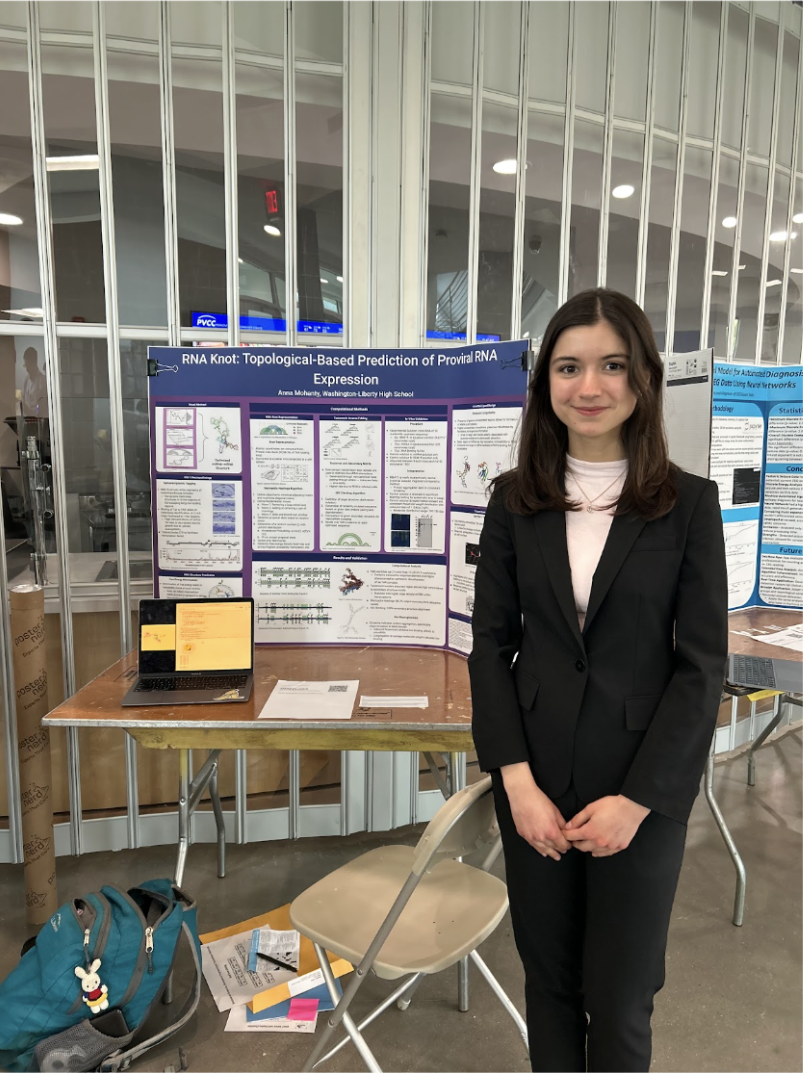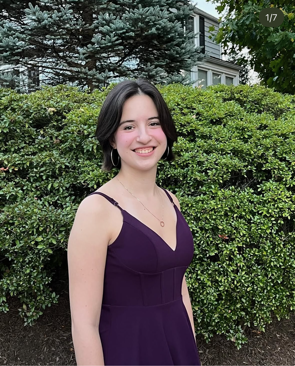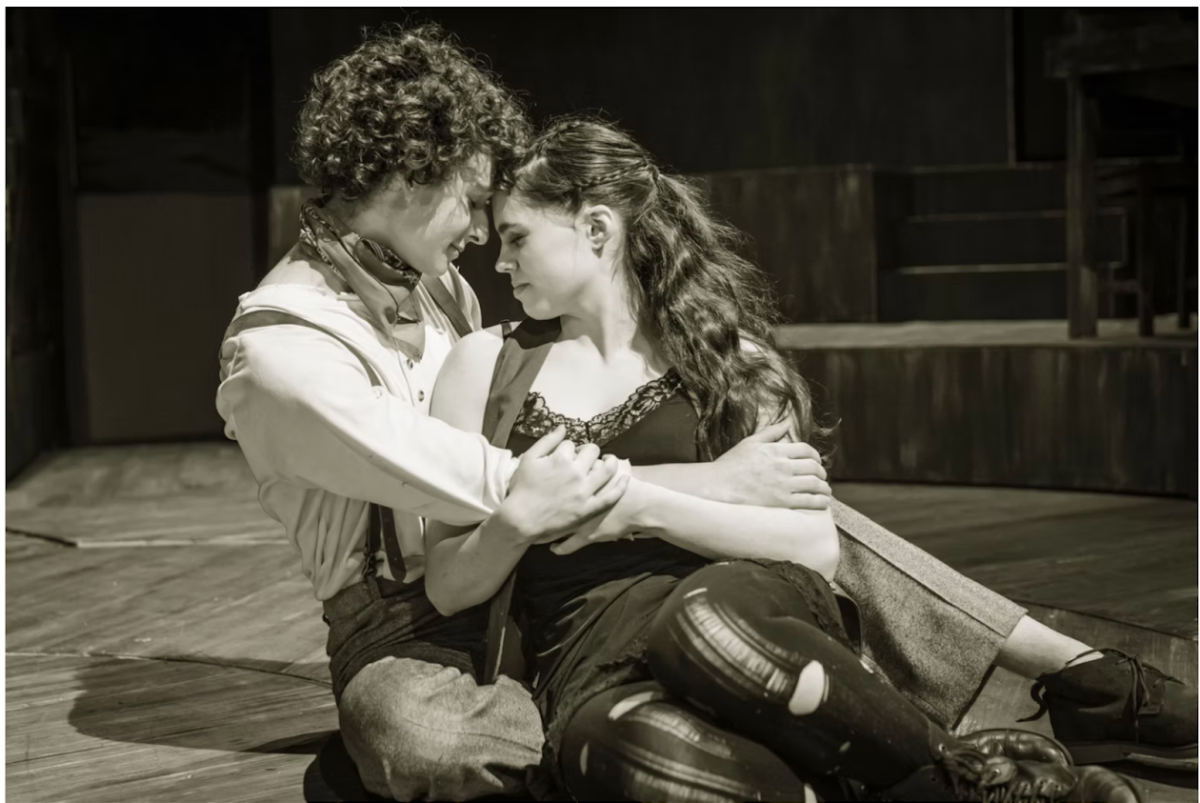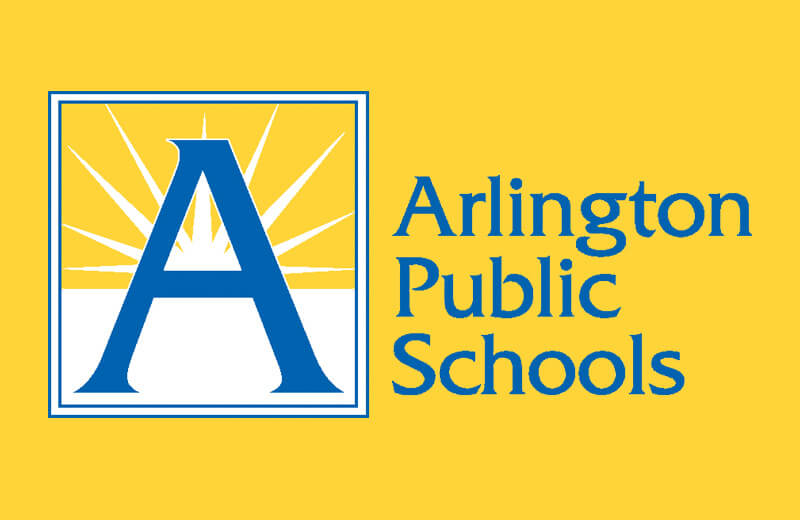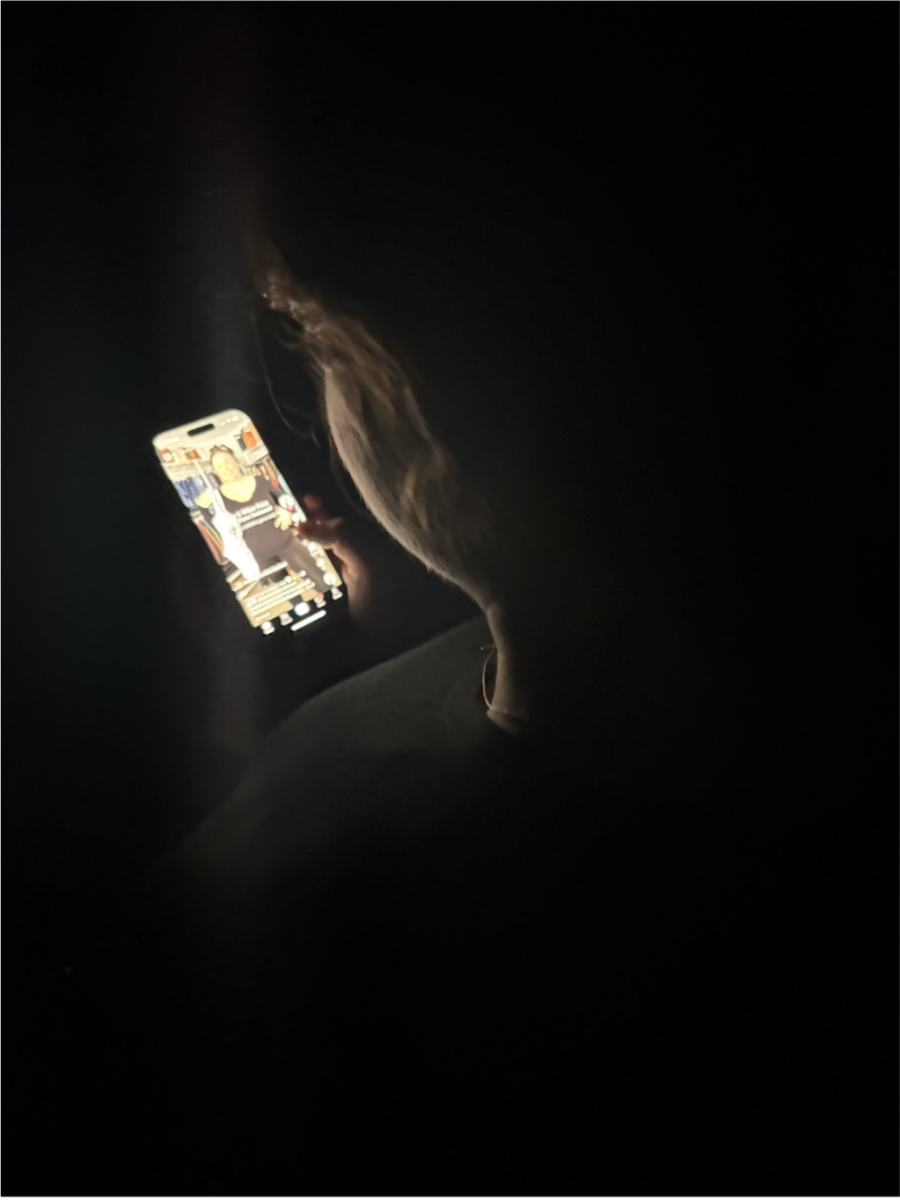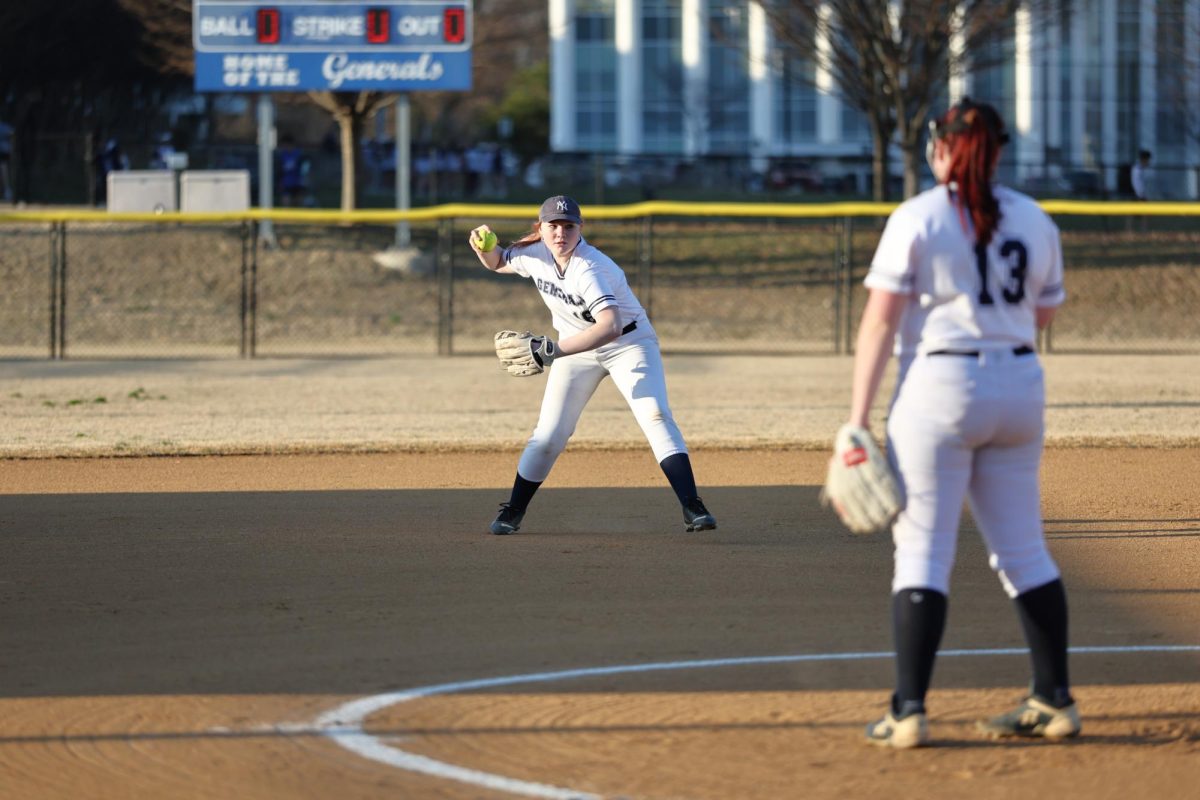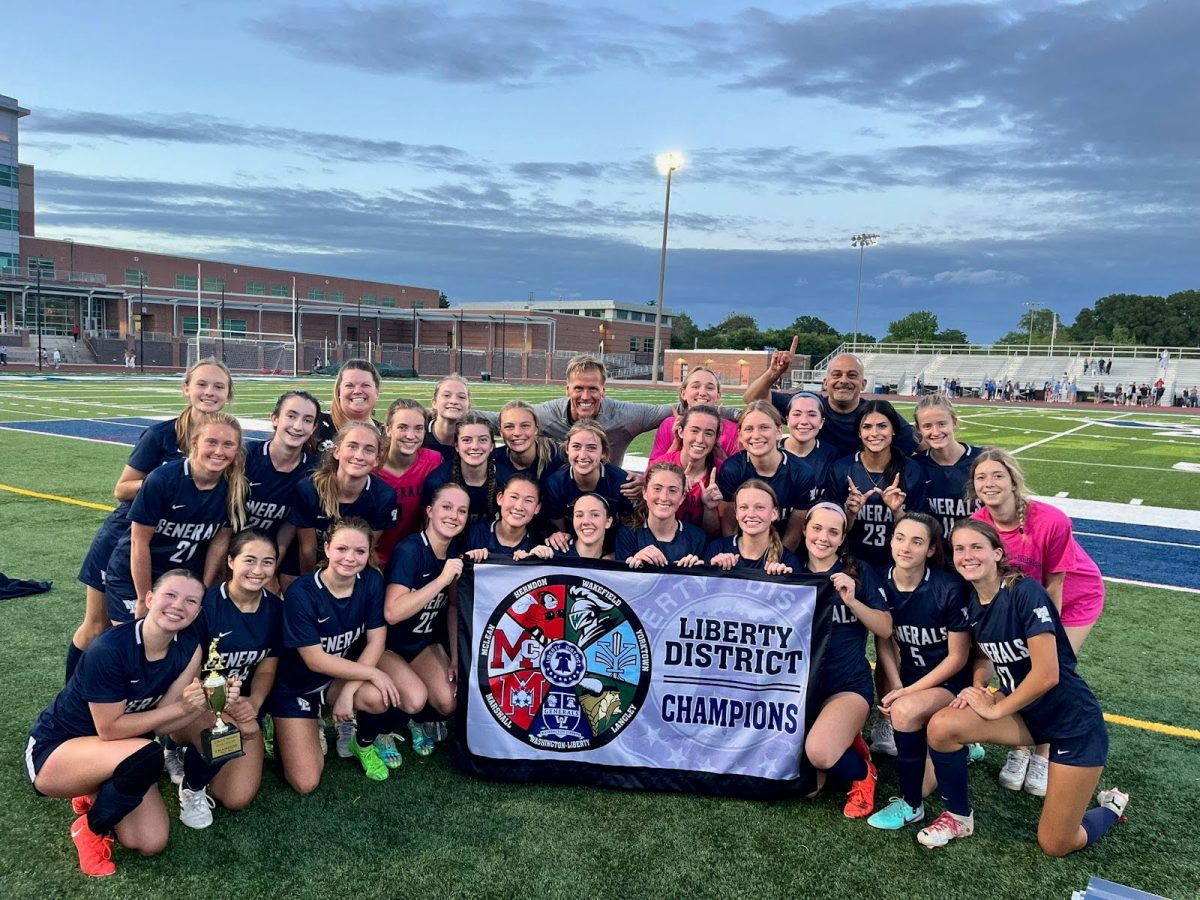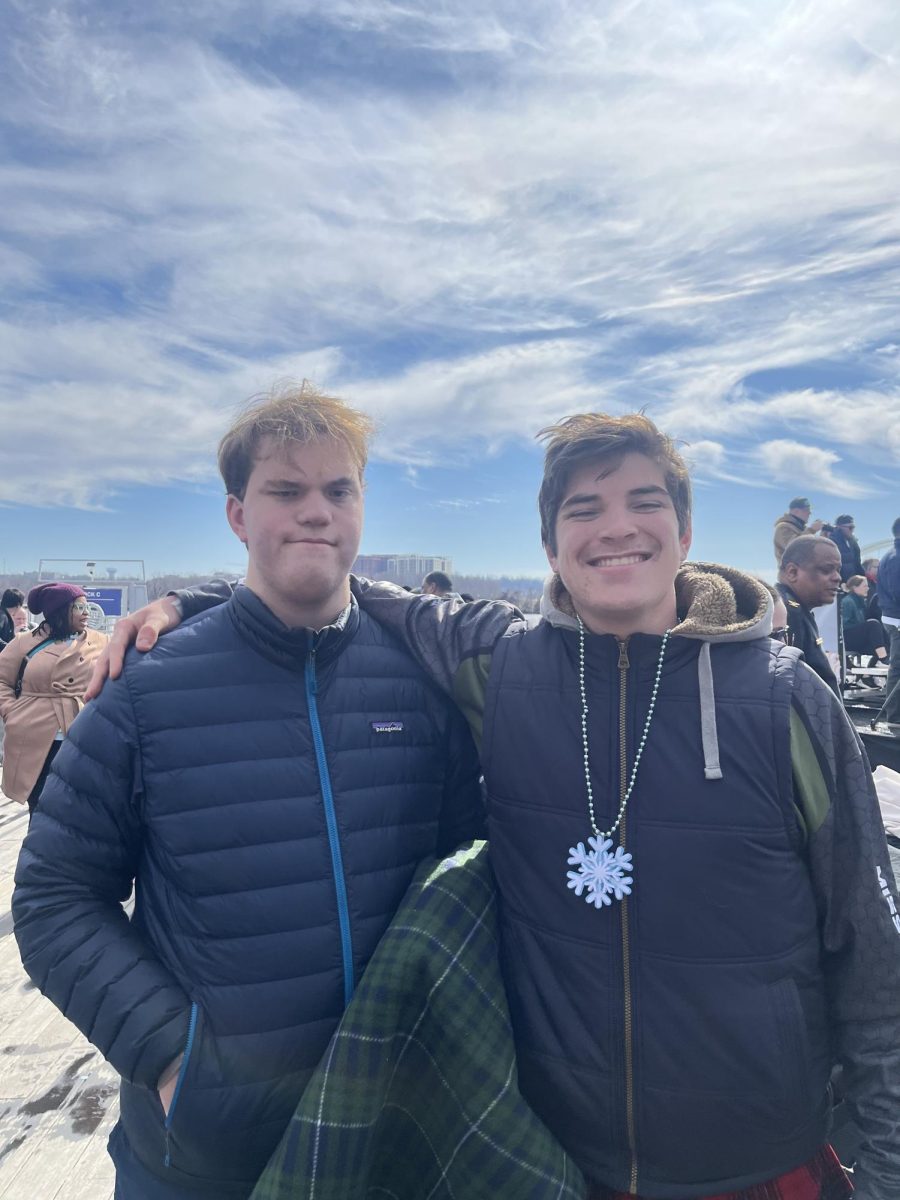Students spend four years in high school, so strong bonds are bound to form. The student–teacher relationship plays a key role in earning good grades, learning the ins and outs of high school, and gaining a trusted adult to confide in. As the school year comes to a close, seniors reflect on the teachers they’re most thankful for—and how those relationships came to be.
Maya Yilmaz, a senior at the school who will attend California Polytechnic State University in the fall, spoke about her International Baccalaureate (IB) English and Generals Period teacher, Ms. Becker, and how their relationship began to grow last year.
“She was always there for us, and she would be very warm toward us,” Yilmaz said. “When we were having a bad day, she would give us snacks and words of encouragement.”
School can be filled with long hours, heavy workloads, and tough days. Having a trusted adult who can empathize and help students process those feelings is crucial.
When asked what makes Ms. Becker stand out as an educator, Yilmaz’s answer was simple: empathy.
“She’s a good listener and just a caring teacher,” Yilmaz said.
Yilmaz recalls a moment with Ms. Becker when she was feeling particularly overwhelmed.
“I remember once I was really stressed out about college applications and was having a really bad day,” she said. “I stayed in her classroom for a bit, and she gave me a hug. We talked, and it just made me feel better.”
Ms. Becker’s empathy and willingness to support students emotionally show just how much of an impact teachers can have beyond academics.
These small moments have had a lasting influence on Yilmaz and others, teaching them the power of empathy.
“I think she’s made me realize the importance of being empathetic and the value of being kind to other people,” Yilmaz said.
While teachers are expected to teach their curriculum, some go above and beyond.
Yes, understanding academic material is important—but becoming a well-rounded person matters just as much.
Leo Morrison, another senior at the school, shared how his IB English teacher, Mr. Lynch, inspired him.
“I ended up participating in class a lot and engaging in the philosophy happening in the books. He [Mr. Lynch] encouraged that,” Morrison said.
As Morrison engaged more deeply in class, his relationship with Mr. Lynch developed. Teachers notice and appreciate participation, and it often becomes the first step toward forming meaningful connections.
By immersing himself in Mr. Lynch’s class, Morrison not only learned the content but also absorbed parts of Mr. Lynch’s personality—especially his wisdom and life lessons.
“He likes his catchphrases, and one of his favorites is a quote by John Donne he repeats a lot: ‘No man is an island.’ I think it’s so true every time he says that.”
Those small insights and Mr. Lynch’s overall approach to teaching have had a direct impact on Morrison’s future.
“I’m majoring in philosophy, and I’m going to NYU—and Mr. Lynch went there, so he gave me the idea,” Morrison said. “That’s two pretty big influences.”
Getting to know and appreciating teachers can have long-term effects. These can show up in character development, college and career decisions, and life lessons passed on to others.
As we enter the final quarter of the 2024–25 school year, recognizing the teachers who have shaped and inspired us is key to moving forward. Whether it’s college, a career, or anything else on the horizon, taking the wisdom gained from our teachers will not only guide us—it will help us grow.
When you consider how much growth happens between kindergarten and high school, it’s clear: each teacher helped lay the mortar that holds together the brick tower every student has become.
“Don’t be afraid to talk to a teacher,” Yilmaz said.




